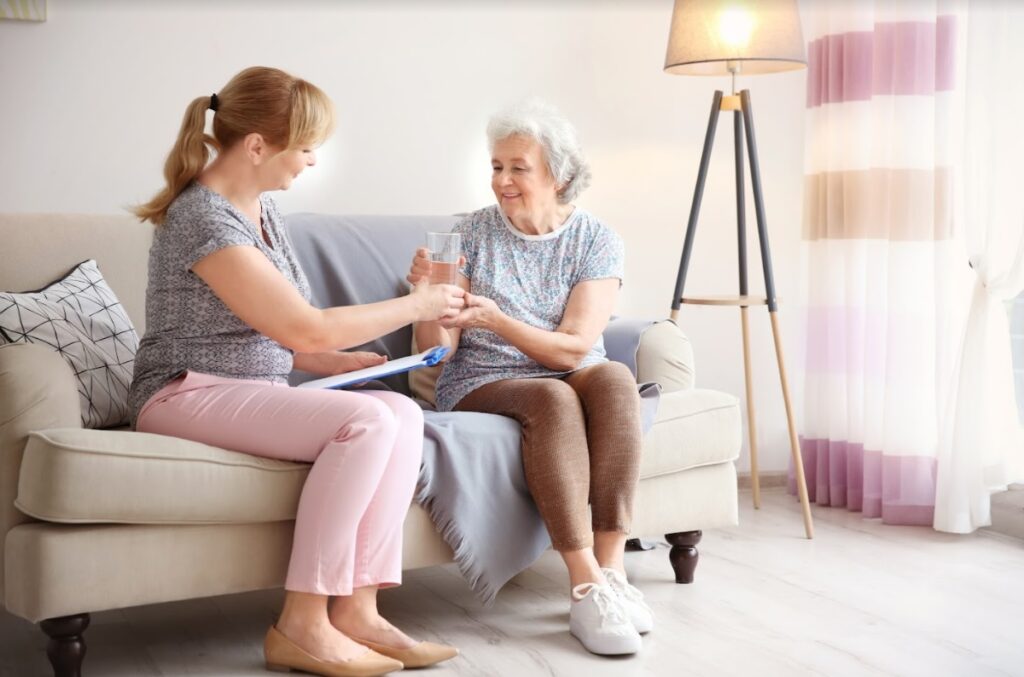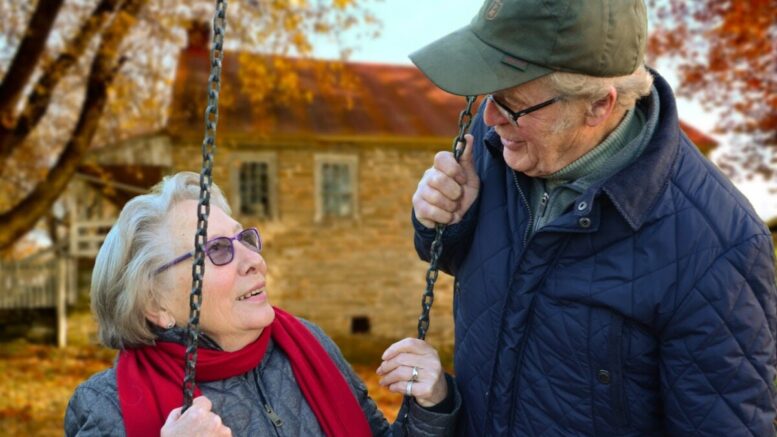Old age is inevitable. But years of pain, disability, and misery because of disease are not. In this article, we’ll discuss some ideas that can help you deal with age-related diseases better to make the most of your time on this planet.
Let’s get started!
Don’t be afraid to ask for help
Before we move onto specific age-related conditions, it’s good to set up a basic principle. And that is realizing that you’re old and fragile, and that there is no shame in asking for help.
In fact, medical science has an entire field dedicated to helping out the elderly with long-term, incurable conditions. It’s called palliative care and is a key component of aged care as outlined by Kew Gardens.
Many aged care facilities offer palliative care services, which involve keeping your pain (and other symptoms) minimal and focusing on your strengths. The goal is to help you have a happy, comfortable, and productive old age.
Palliative care doesn’t necessarily mean you have a terminal condition. Sometimes, patients under palliative care get cured and return to normal life.
So if you’ve been fighting a long-term, debilitating condition, keep in mind that you can always take help from palliative care (and that it might be time to stop fighting and accept that your condition is here to stay).
Focus on what you can do
One condition that you’re very likely to develop as you age is osteoarthritis. Osteoarthritis is when the cartilage covering your bones breaks down, which leads to bone rubbing on bone during joint movement.
As the condition progresses, you can find it extremely painful to move around, especially at the end of the day.
Plus, the general reduction in energy and loss of muscle mass that comes with old age might make movement even more difficult.
While seeking medical treatment for arthritis is important for preventing permanent joint deformities, you should also plan your day in a way that helps you do things that are the most important to you. Because you’ll have only so much energy and time before your joints limit your activity when you have arthritis.
If you create a list of the most important tasks and achieve them as early in the day as possible, you’ll get a confidence boost and a sense of accomplishment, both of which are important for healthy functioning.
Don’t neglect your mental health
Many people like to talk about the physical aspects of old age but there’s a mental side to it as well.
If you have limited social interaction, persistently stressful experiences, a long-term inflammatory disease like SLE, or a neurodegenerative condition like Alzheimer’s, you’re at high risk of developing depression.
So it’s important to be aware of the symptoms of depression and seek medical help if you develop it. Major depression is defined as five or more of the following symptoms for more than 2 weeks:
- Depressed mood
- Lack of interest in pleasurable experiences
- Appetite disturbances
- Feelings of guilt
- Loss of energy
- Inability to concentrate
- Weight changes
- Increased or decreased activity
- Thoughts about suicide
There are other types of depression as well, and you can read about them here.

- Make your house more easy to navigate
As you get old, your eyes develop a condition called presbyopia. This is when the eye loses its ability to focus on near objects, making activities like reading and using smartphones difficult.
And since you have a high risk of falling when you’re old, compromised vision can prove to be fatal.
So it’s important to make changes that help with your vision as you get old. These include:
- Using e-book readers to enjoy books in a larger font
- Increasing the font size on your phone
- Keeping hallways, stairs, and washrooms adequately lit
- Painting the edges of steps (and other risky places) with fluorescent paint
- Replacing medicine labels with those with a larger font
Reduce the risk of falls
Your risk of tripping inside your home increases as you grow old. And since many elderly people have osteoporosis (which means weakened bones), a fall is very likely to result in a fracture when you’re old.
The most dangerous of these is a hip fracture, which has a high immediate mortality rate, which means you’re very likely to die from the complications that develop after you fracture your hip. And here’s how you can slow down osteoporosis.
You’re also at an increased risk for a type of brain hemorrhage called a subdural hematoma when you’re old. That’s because the brain reduces in size as you age, which gives it more room to move inside the skull when you fall. This can rupture blood vessels and cause bleeding.
All of this means you must take steps to reduce your risk of falls by:
- Removing clutter from areas where you walk frequently
- Placing non-slip mats in the bathroom
- Keeping your house well-lit
- Placing wires next to the walls so you don’t trip over them
- Moving furniture closer to the walls to increase walking space
It’s also important to avoid drugs that can increase your risk of a fall.
These drugs impair your central nervous system and may cause ataxia, which is when you lose your balance. Examples include benzodiazepines (used for seizures, anxiety, and insomnia), opioids (used for pain), first-generation antihistamines (used for allergy), and anticholinergic drugs.
While it’s unlikely that your doctor will prescribe you any of these drugs when you’re old, if you do happen to be using them, make sure to ask your physician for an alternative.
